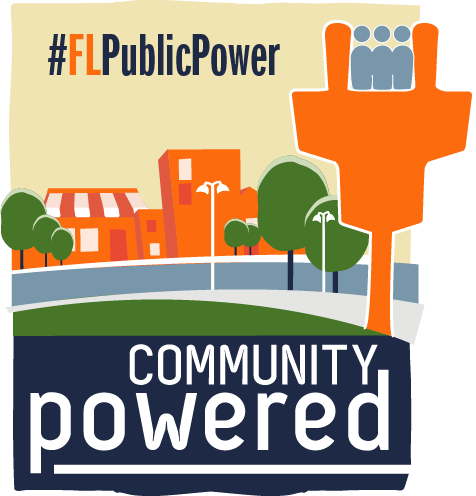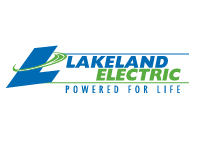Community Voters reject making it easier to sell Lakeland Electric
Voters in the city of Lakeland, Fla., recently rejected a ballot initiative that would have made it easier to sell the city’s utilities.
On Oct. 29, voters weighed in on three ballot measures, the third of which would have changed the city charter regarding the legal process necessary to sell city-owned water plants or its public power utility, Lakeland Electric.
The current requirement calls for two-thirds of registered voters to vote in favor of a sale in order to it move forward. The ballot measure sought to change the requirement to approval by two-thirds of commissioners voting in favor of a sale and then two-thirds of votes voting in favor of a sale. The measure failed as 6,476 voters, representing 65% of all votes cast, voted against it, leaving the current requirement in place.
The measure’s inclusion on the ballot was the result of the Charter Review Committee that was created by the Lakeland City Commission prior to the Committee for a Strong Lakeland, a political action committee that sought to change the way Lakeland is governed by shifting power away from the city commission in favor of creating a stronger role for the mayor. The group also wanted to revise the methodology for a potential sale of the city’s utility.
The “strong mayor” proposal was voted down in 2017, while the “Lakeland Electric” proposal was kept off the ballot in an effort to focus voters’ attention on the issue.
The city commission took up the Lakeland Electric proposal again this year and in May voted against its inclusion on the ballot, but then reversed their vote in June.
Neither the commission nor the mayor have favored the sale of Lakeland Electric. In fact, they have publicly stated the importance of the utility to the city and in particular the $30 million in revenues it brings to the city every year.
In 2011, however, executives from the local investor-owned utility, Tampa Electric (TECO), initiated a series of discussions with Lakeland city officials about the potential sale of the public utility. The city officials told TECO that before the idea could even be discussed the city charter would have to be amended.
No further sale discussions have surfaced since then, but Lakeland Electric officials were “very concerned” about the vote on the ballot initiative, said Cindy Clemmons, the utility’s manager of legislative and regulatory relations. While it was framed as a reasonable measure, its passage could have been viewed as a sign that Lakeland Electric was for sale, she said.
Lakeland Electric could not mount a campaign to lobby voters, but it so happened that the 115th anniversary of the utility’s founding was also this year, so Lakeland redoubled its efforts for a publicity campaign they had planned to recite the benefits of public power, including the utilities low and declining debt levels, its high reliability and growing embrace of renewable energy.
“Lakeland Electric has been a part of the community for 115 years. Because of our low rates, low debt, excellent customer service, and dedicated workforce, we are poised to move successfully into the next 115 years,” Joel Ivy, general manager of Lakeland Electric, said via email.
In a recent blog, Stephanie Madden, a Lakeland City Commissioner, notes that Lakeland enjoys several benefits from having a municipally-owned utility.
Article reposted with permission from Public Power Daily
 Enter your email address in the
Enter your email address in the 
 By
By